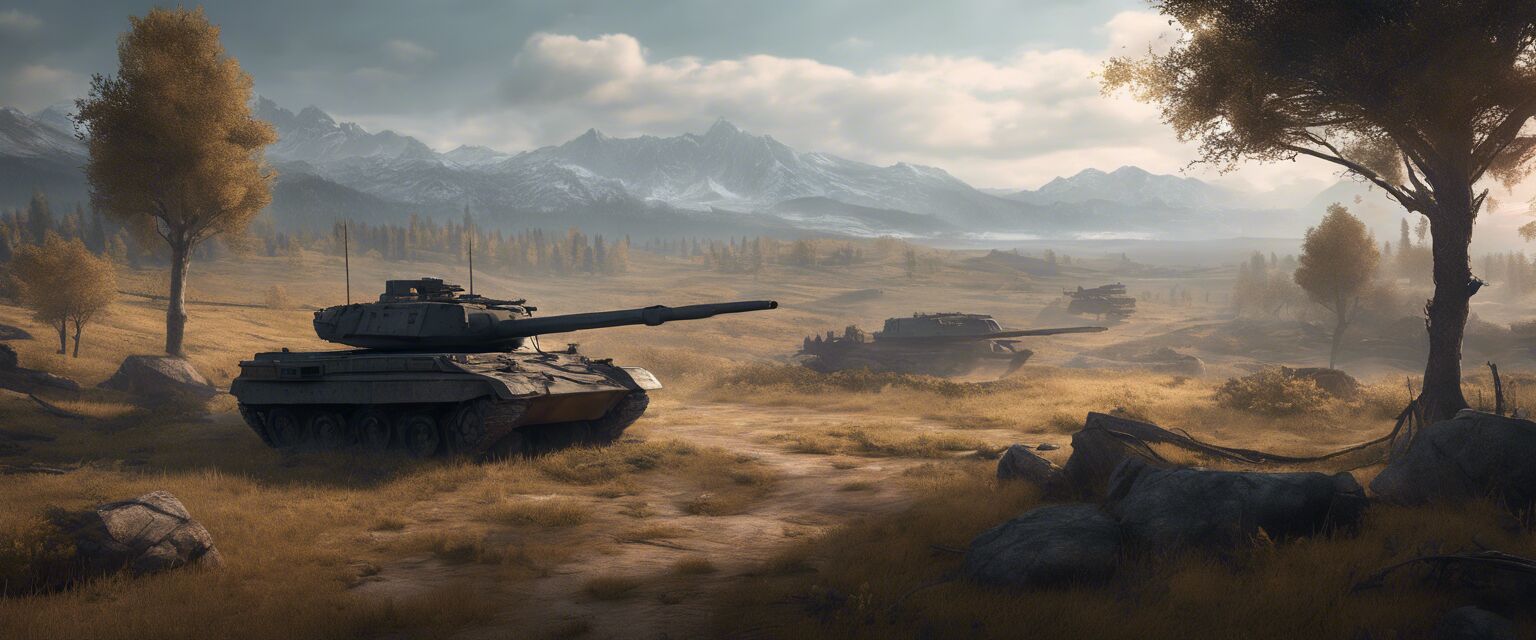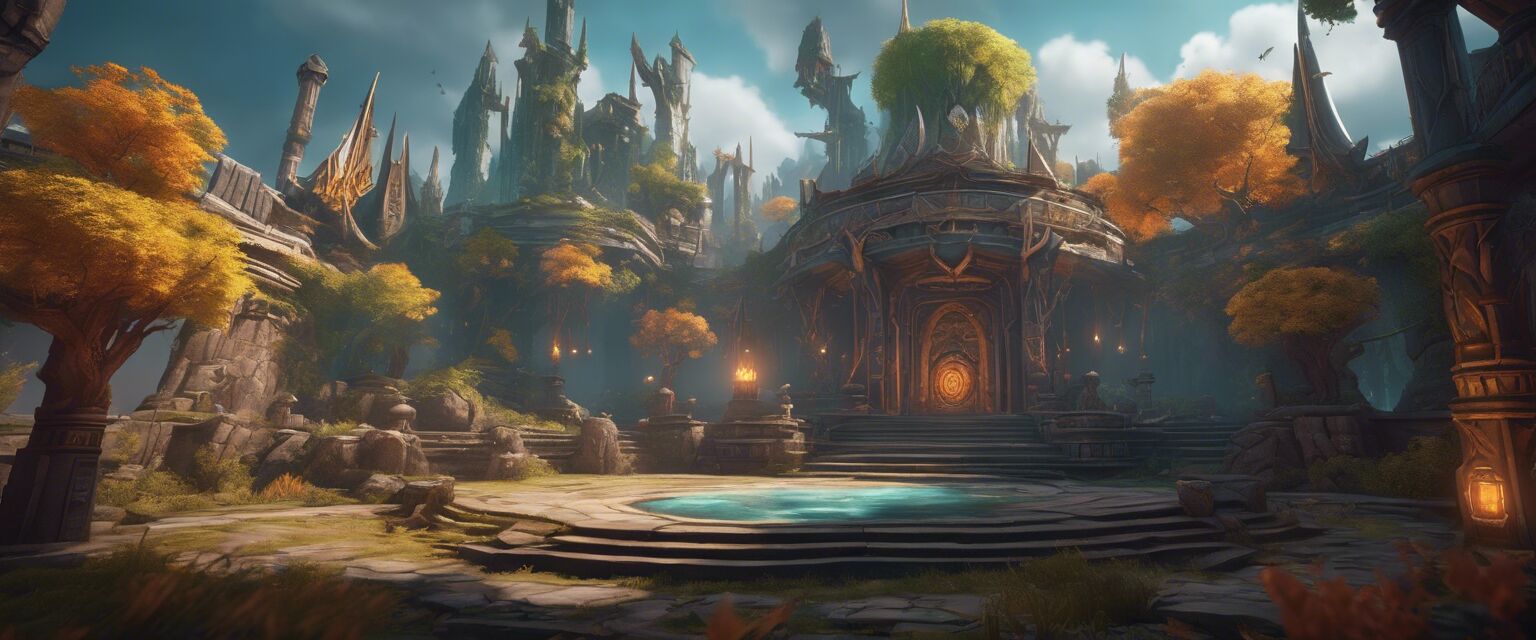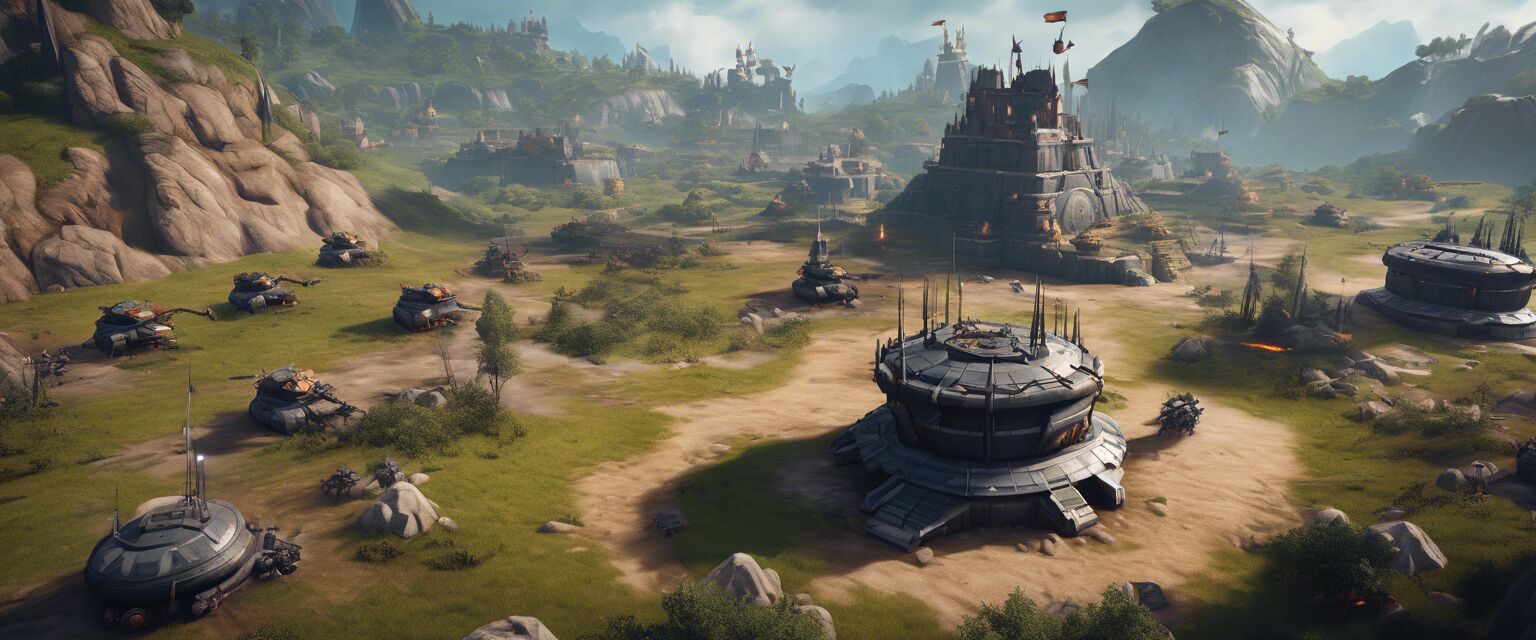
Real-Time Strategy Games
Key Takeaways
- Real-time strategy (RTS) games require quick decision-making and strategic planning.
- Players manage resources, build units, and engage in combat simultaneously.
- Popular titles in this genre include Age of Empires and StarCraft.
- The genre emphasizes multiplayer gameplay, fostering competitive environments.
- Graphics and storytelling are key elements that enhance player engagement.
Real-Time Strategy (RTS) games have captivated gamers for decades by offering fast-paced, tactical gameplay that requires players to think on their feet. Unlike turn-based games, RTS titles allow players to control their units and resources in real-time, leading to dynamic and often unpredictable scenarios. In this article, we will explore the characteristics of RTS games, some popular titles, and what makes this genre so engaging.
What Are Real-Time Strategy Games?
Real-time strategy games are a subgenre of strategy games where players manage resources and units in real-time. The goal is to outmaneuver opponents and achieve specific objectives, such as conquering territories or eliminating enemies. The gameplay typically involves:
- Resource management (gathering, building, and upgrading).
- Unit control and tactical positioning.
- Real-time combat scenarios.
- Strategic planning and execution.

Key Features of RTS Games
| Feature | Description |
|---|---|
| Real-Time Gameplay | Players must make decisions and take actions simultaneously, adding to the thrill of the game. |
| Resource Management | Gathering resources like gold, wood, or energy is crucial for building units and structures. |
| Base Building | Players construct and upgrade bases to produce units and defend against attacks. |
| Multiplayer Options | Many RTS games support online multiplayer, fostering competitive play against other gamers. |
| Varied Strategies | Players can choose different strategies based on their play style, such as aggression or defense. |
Popular Real-Time Strategy Games
There are numerous titles in the RTS genre, each offering unique mechanics and experiences. Here are some of the most popular RTS games:
- Age of Empires Series - A classic that spans different historical periods, focusing on civilization building.
- StarCraft II - A highly competitive game set in a sci-fi universe with a deep storyline and multiplayer focus.
- Warcraft III - Known for its rich lore, this game blends RPG elements with traditional RTS gameplay.
- Cossacks 3 - A historical strategy game that emphasizes large-scale battles and resource management.
- Company of Heroes - A World War II-themed game that focuses on squad-based tactics and cover mechanics.
Gameplay Mechanics
The gameplay mechanics in RTS games can vary significantly from one title to another, but there are common elements that define the genre:
- Unit Types: Different units have unique abilities and roles, such as infantry, cavalry, or siege units.
- Fog of War: Players can only see areas of the map that they have explored, adding a layer of strategy to movement and positioning.
- Tech Trees: Players can research upgrades and new units, allowing for more advanced strategies as the game progresses.
- Victory Conditions: Various conditions can lead to victory, including total annihilation of opponents, resource collection, or specific objectives.
Strategies for Success in RTS Games
To be successful in RTS games, players need to develop effective strategies. Here are some tips:
Beginners Section: Tips for New Players
- Start with resource gathering immediately to build a strong economy.
- Familiarize yourself with the map layout and key locations.
- Prioritize unit production to maintain pressure on opponents.
- Watch replays of skilled players to learn advanced strategies.
- Practice micro-managing units to improve your control during battles.
Visuals and Graphics in RTS Games
Graphics play an important role in the immersive experience of RTS games. High-quality visuals enhance the storytelling and make gameplay more engaging. Many modern RTS games feature:
- Detailed unit models and animations.
- Dynamic environments that change over time.
- Realistic physics engines for immersive combat.

The Future of Real-Time Strategy Games
As technology advances, the future of RTS games looks promising. Innovations such as virtual reality and enhanced AI are expected to change the landscape of this genre. Additionally, the rise of esports has given RTS games a new platform, with competitive tournaments gaining popularity among gamers.
Conclusion
Real-time strategy games offer a unique blend of fast-paced action and strategic planning. Whether you are a seasoned player or new to the genre, there is a vast array of titles to explore. For more information on different types of strategy games, check out our other categories: 4X Strategy, Grand Strategy, Simulation Strategy, Tower Defense, and Turn-Based Strategy.
Pros
- Engaging gameplay that stimulates quick thinking.
- Wide variety of games to suit different preferences.
- Strong community and competitive elements.
Cons
- Can be overwhelming for new players.
- Requires significant time investment to master.
- Some games may have steep learning curves.








